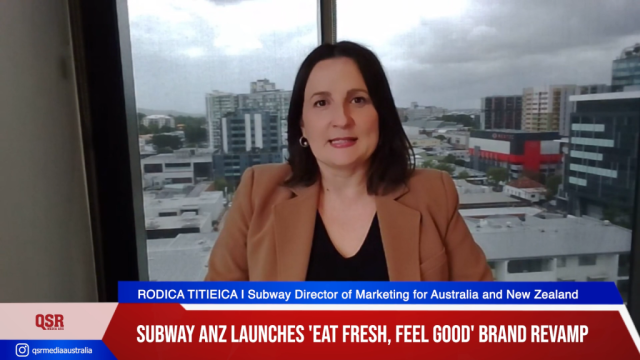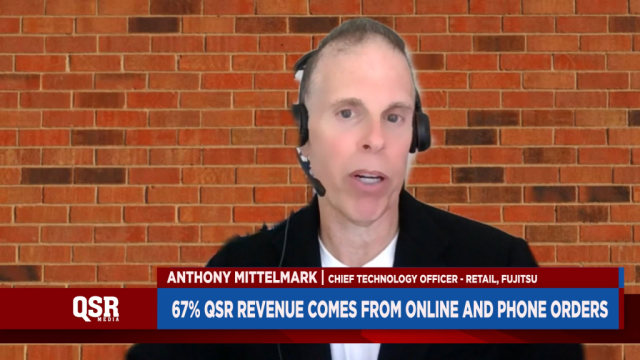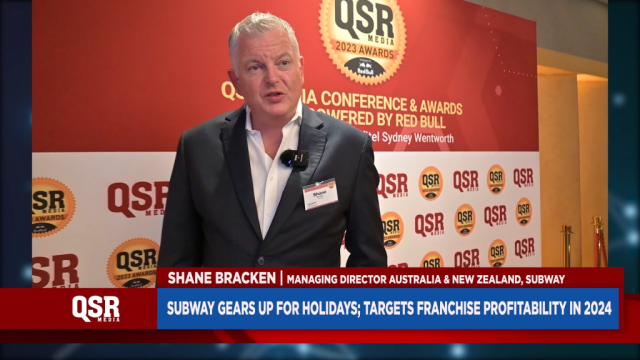
Employees and social media: where does work end and home begin
By Tim McDonaldToday, communicating with our friends, family and work colleagues has never been easier. We can communicate literally at any time from almost any place simply by pushing a “touch screen” button on our latest mobile phone or tablet, or by sitting at our computer.
These advances in technology have created a fundamental change in the way we communicate both privately and in the corporate world. We can hold face to face corporate conferences without a single person being in the same room, state or even country.
These days we can take our work with us wherever we go as long as there is an internet or Wi-Fi connection and/or mobile telephone provider reception. The difficulty that arises with such advances that it causes the once clearly defined line between work and personal life to become increasingly blurred, particularly with use of social networking media such as Facebook and Twitter.
We now have a new dimension to managing employees which involves the use of social media networking, whether at work or out of hours. This is evident from recent Fair Work Australia(FWA) decisions in relation to unfair dismissal claims made by employees who have been dismissed as a result of their use of social media, in particular, Facebook.
The decision in Rose v Telstra provides guidance as to the types of circumstances that could give rise to an employee’s employment being validly terminated because of out of hours conduct:
* the conduct must be likely to cause serious damage to the relationship between the employer and employee; or
* the conduct damages the employer's interests; or
* the conduct is incompatible with the employee's duty as an employee.
In essence the conduct complained of must be of such gravity or importance as to indicate a rejection or repudiation of the employment contract by the employee.
Other decisions give guidance about social networking media.
In Damien O’Keefe v Williams Muirs Pty Limited T/a Troy Williams The Good Guys an employee was sacked after posting this comment on his facebook page - Damien O’Keefe: “wonders how the f**k work can be so f*****g useless and mess up my pay again. C**ts are going down tomorrow.” The comment was written and directed towards his employer and the operations manager after he had entered into discussions with them about pay issues. The post was made after working hours however, the post was seen by 11 of his colleagues who were also his “friends on facebook.” His employment was terminated on the grounds of serious misconduct.
The Good Guys had an employee handbook which said: “In communicating with other staff, customers and suppliers, employees should be courteous and polite, maintain a high level of honesty and integrity and present themselves and the business professionally. Employees will not use offensive language, resort to personal abuse or threaten or engage in physical contact.”
FWA upheld the dismissal stating: “common sense would dictate that one could not write and therefore publish insulting and threatening comments about another employee…the fact that the comments were made on a home computer, out of work hours doesn’t make a difference…[as] the separation between home and work is now less pronounced than it once used to be.”
The decision in O’Keefe provides some comfort to employers. However, FWA has also stated that employers should have in place an appropriate policy dealing with social media and its use by employees if it is seeking to terminate an employee over such use.
In Glen Stusel v Linfox Australia Pty Ltd [2011] FWA 8444, FWA ordered Linfox to re-instate Stusel after he was dismissed for making “derogatory and/or offensive” comments about his Managers on his Facebook page.
One of the comments made by Stusel read: “You can call it a bit of a professional courtesy, I admire any creature that has the capacity to rip Nina and Assaf (his manager’s) heads off, s**t down their throats and then chew up and spit out their lifeless body!.”
Linfox tried to rely on its induction training and employee handbook and the breach of those by Stusel by making such “derogatory and/or offensive” comments as amounting to serious misconduct warranting dismissal.
FWA said in finding the dismissal harsh, unjust and unreasonable: "In this current electronic age, this [induction training and the handbook] is not sufficient and many large companies have published detailed social media policies and [have] taken pains to acquaint their employees with those policies. Linfox did not.”
Advice for employers
It is clear in light of what the cases teach us that there are steps Employers can take to effectively manage employees and their use of social media networking as well as the risks associated with it. Some of those steps include:
1. Having in place a clear Social Media Use Policy that clearly describes:
- what social media is defined to mean i.e Facebook, Twitter, etc;
- nature of control the employer wants to exert over the use of social media i.e
partial, total or discretionary ban;
- who the policy applies to;
- when it is and isn’t acceptable to utilise social media (i.e out of work hours etc)
- what type of content is and isn’t acceptable to be posted online through the use of social media networks (i.e what is and is not ok to talk about/write about )
- the disciplinary consequences that will arise following breaches of the policy and reporting requirements.
2. Induction training for existing and all new staff with respect to the Social Media Use Policy. Such training should explain:
- the contents of the Social Media Use Policy;
-what conduct the employer wants to protect itself from and why protection is necessary (what risks does the employer want to avoid);
- provide visual examples of what is appropriate content to post and or have on social media sites and what is not appropriate.
3. Employees should also be required to sign and acknowledge receipt of the Social Media Use Policy and any training they receive in association with such. This method can be used by both the employer and employee to demonstrate compliance or non-compliance with the policy and to avoid doubt in the event of a suspected breach.
Tim McDonald, Partner, Moray & Agnew Lawyers
































